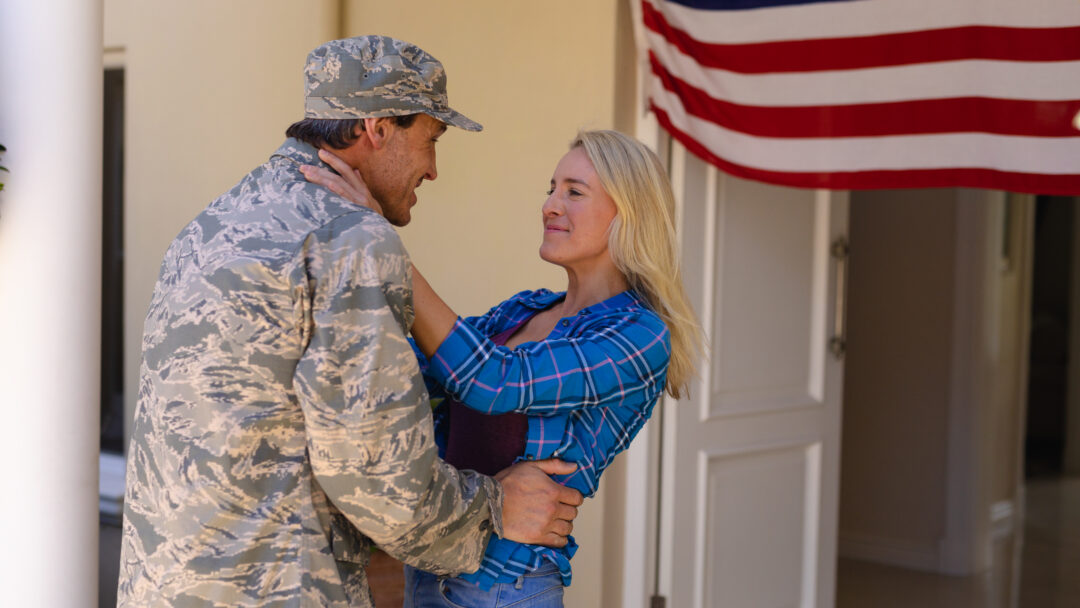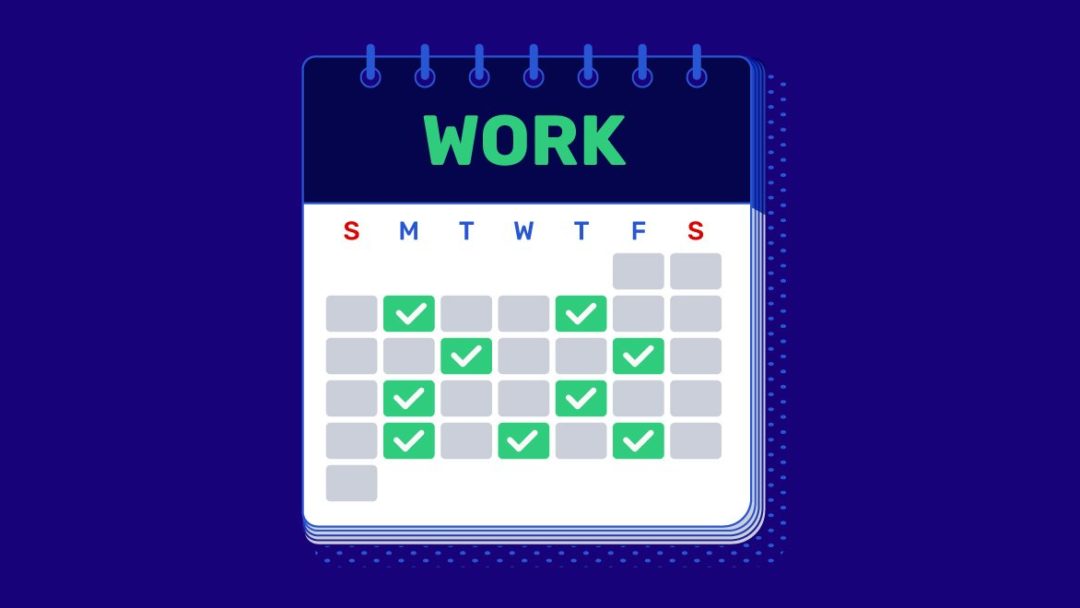Veteran Debt Relief Grants
- Veterans can access debt relief through unique programs tailored to military needs.
- Loans for veterans offer lower interest rates and favorable terms for debt consolidation.
- Financial assistance grants for veterans may cover essential needs without repayment.
- Support programs help military families manage unexpected costs, including housing, utilities, and transportation.
- It’s important for veterans to explore options, including VA and charitable resources, for optimal financial relief.
Service members, veterans, and military families face unique financial struggles, which is why veteran debt relief grants and loans are available. The stress of deployment, relocation, and other lifestyle factors related to military duty can take a toll over time. Financial difficulties shouldn’t add to these challenges, which is why special loan terms are offered for both active-duty members and veterans.
Free Consultation with a Certified Debt Specialist
Start with a Free No-Obligation Consultation
Service members, veterans, and military families face unique financial struggles, which is why veteran debt relief grants and loans are available. The stress of deployment, relocation, and other lifestyle factors related to military duty can take a toll over time. Financial difficulties shouldn’t add to these challenges, which is why special loan terms are offered for both active-duty members and veterans.

Start Paying off Your Veteran Debt Today!
Debt Relief Options for Veterans
If you’re a veteran and currently facing debt challenges, where should you turn for relief? It’s important to first explore your options to find an optimal way to reduce your debt load.
Veteran loans can be used in various situations, such as for debt consolidation, home improvements, a mortgage, or buying a car. These loans have specific benefits reserved for service members, such as low-interest rates and a favorable payment plan.
On the other hand, veteran debt relief grants might offer financial support without the need to pay the money back. Military families sometimes run into unexpected financial challenges, and they need a bit of assistance. These financial aid grants provide immediate cash that can be used for basic life needs. Since the money is provided as a grant, no repayment is required.
Assistance Programs for Veterans
In addition to veteran debt relief grants, other financial assistance can be accessed through churches, charities, and private organizations. As you’re exploring options for government grants, it’s important to look for solutions through these other programs as well. Sometimes, veterans can apply for multiple grants to access the financial support needed to get through difficult times in life.
These assistance programs are designed to provide the cash needed for rent, food, transportation, and utilities. In most cases, a detailed application process must be completed. For example, you’ll need to provide documents as proof of identity, military service, current income, and more.
Specific veteran grant programs are available depending upon your circumstances, such as the VA’s Homeless Providers Grant and Per Diem Program, the Rural Veterans Coordination Pilot, and the Veterans Cemetery Grants program. Since every situation is unique, it’s important to learn about your options for accessing the available financial support.
Veterans Financial Support
Whether you need one-time assistance to get through a hard month, or ongoing support is required on a monthly basis, veteran debt relief grants can help. These programs are designed to provide support when service members face financial challenges during deployment or after active duty is over.
If you served as a service member and need financial assistance, then grants or debt relief programs might offer the solutions you need to gain financial peace. Take the time to fully explore your options and learn more about veteran debt relief grants and other affordable loan options for service members.
All You Need To Know
We’ve put all of our essential resources in one spot. Everything from debt resolution to taking control of your financial future . Need to talk? Our experts are here to help. Call us anytime for a free no-obligation consultation.
Pay off your credit card debt
- Receive A Free Savings Estimate Today
- See How Quickly You Can Be Debt Free
- No Fees Until Your Accounts Are Settled
Essential Reading
The latest debt relief news, tips, and resources from our team.
We’ve transformed the lives of more than 500,000 people

Now I wake up knowing that I am paying off my debt, it’s like a weight lifted off my chest and I can breathe a bit more.

“The anxiety is gone, I am credit card debt-free. And that right there, I never thought I would be able to say those words, and it just feels so good.”
Michelle saved 23% on her debt

Now I’m able to go on vacation for the first time in a long time- I was able to go and relax. I couldn’t do that before.




